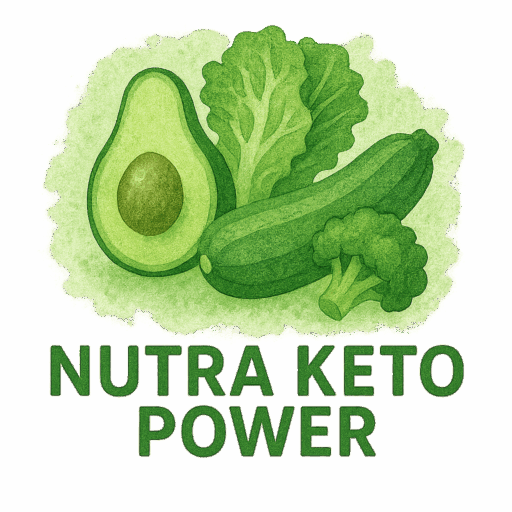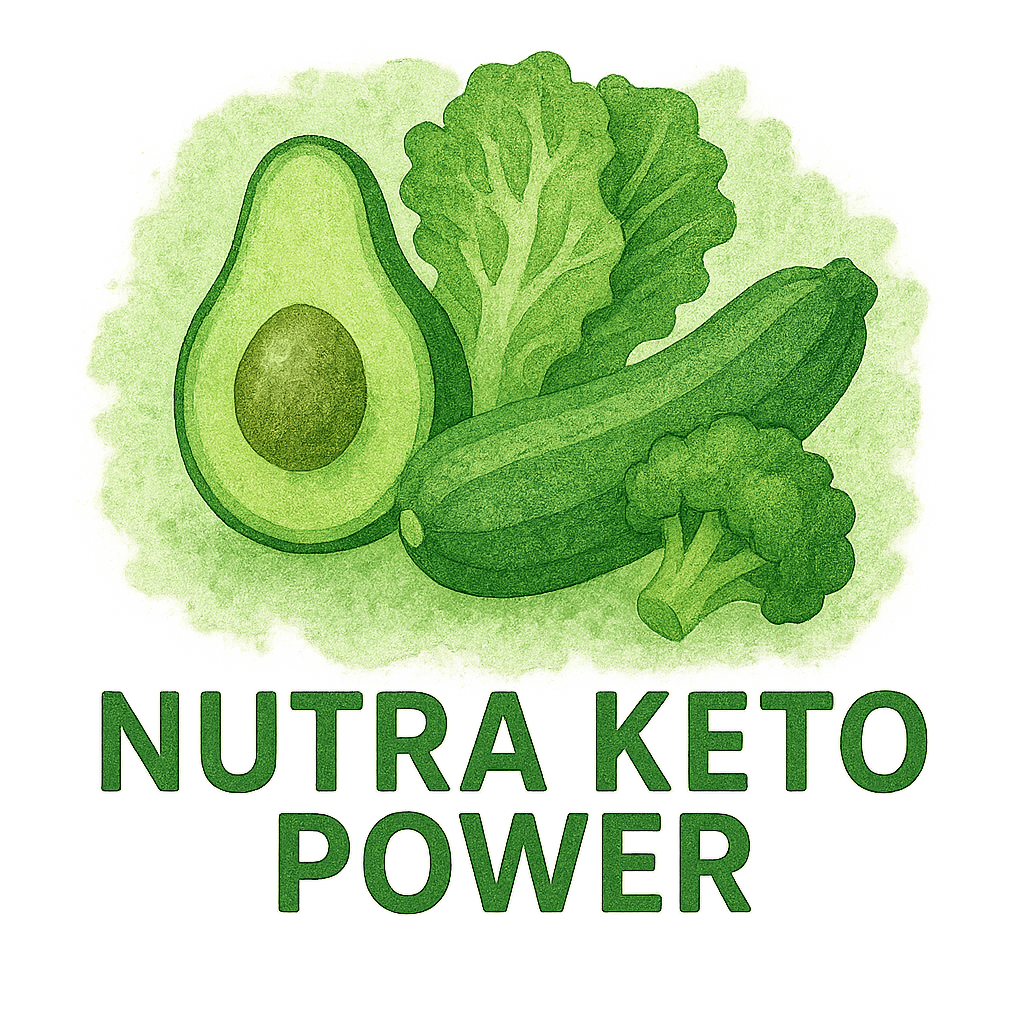Why Your Keto Shopping List Matters
If you’ve ever stepped into the grocery store without a list, you know how easy it is to fill your cart with things you don’t need. On keto, that can completely derail your progress. A well-structured shopping list isn’t just about convenience—it’s the backbone of real keto transformations.
The Role of Preparation in Keto Success
The keto diet thrives on preparation. Without the right foods at home, temptation kicks in, and suddenly, carbs sneak back onto your plate. Preparation is the difference between feeling frustrated and actually seeing results.
How the Right Foods Trigger Ketosis
Keto isn’t just “low-carb.” It’s about eating in a way that pushes your body into ketosis, where you burn fat for energy instead of glucose. Having the right foods in your kitchen is what keeps you in that fat-burning state.
Essential #1: Healthy Fats
Why Fats Are the Backbone of Keto
Think of fats as the fuel that powers your keto engine. Without enough fat, you’ll feel sluggish, hungry, and more tempted by carbs. The keto lifestyle is about eating smarter, not starving yourself.
Top Keto-Friendly Fats to Buy
Avocados and Olive Oil
Creamy, versatile, and loaded with nutrients, avocados are a must. Pair them with extra virgin olive oil for cooking or salads. Both provide heart-healthy monounsaturated fats.
Butter, Ghee, and Coconut Oil
These saturated fats are keto staples. Grass-fed butter or ghee gives a richer flavor, while coconut oil supports energy thanks to its medium-chain triglycerides (MCTs).
Nuts and Seeds
Almonds, macadamias, chia seeds, and flaxseeds add crunch, nutrients, and extra fat. But watch portions—they can add up quickly.
Essential #2: Quality Protein
The Balance Between Fat and Protein
While fats dominate keto, protein still plays a vital role. Too little protein leads to muscle loss; too much can kick you out of ketosis. Finding balance is key.
Best Protein Options for Keto
Grass-Fed Beef and Poultry
Rich in nutrients, grass-fed meat and free-range poultry should be at the top of your list.
Eggs – The Perfect Keto Protein
Eggs are nutrient-packed, versatile, and budget-friendly. Scramble them, fry them, or hard-boil them for easy snacks.
Fish and Seafood
Salmon, mackerel, sardines, and shrimp not only provide protein but are loaded with omega-3 fatty acids for brain and heart health.
Essential #3: Low-Carb Vegetables
Why Fiber Matters in Keto
Fiber keeps digestion smooth and helps prevent “keto constipation.” The trick is focusing on non-starchy vegetables.
Go-To Vegetables for Ketosis
Leafy Greens
Spinach, kale, and arugula are nutrient powerhouses. They’re low in carbs but packed with vitamins and minerals.
Cruciferous Veggies
Broccoli, cauliflower, and Brussels sprouts provide antioxidants and fiber while keeping carbs low.
Zucchini and Cauliflower
Zucchini makes great noodles, while cauliflower transforms into rice or even pizza crust. Both are kitchen lifesavers.
Essential #4: Keto Pantry Staples
Spices, Herbs, and Condiments
Flavor matters on keto. Stock up on garlic powder, paprika, basil, mustard, and sugar-free hot sauces to keep meals exciting.
Low-Carb Flours and Baking Essentials
Almond flour, coconut flour, and psyllium husk are perfect for keto recipes like bread or pancakes (keto recipes).
Bone Broth and Electrolytes
Electrolytes are crucial during the “keto flu” phase. Bone broth keeps you hydrated, nourished, and satisfied.

Essential #5: Keto-Friendly Snacks
The Importance of Smart Snacking
Snacks can either support your transformation or sabotage it. The key is picking foods that keep you in ketosis.
Quick Grab-and-Go Keto Options
Cheese and Deli Meats
Cheddar cubes, mozzarella sticks, or nitrate-free deli meats are perfect for quick bites.
Nut Butter Packs
Almond butter or macadamia nut butter in portioned packs gives you instant energy without overindulging.
Dark Chocolate (85%+)
Yes, chocolate is allowed—just stick with high-cocoa, low-sugar varieties.
Common Mistakes to Avoid When Shopping for Keto
Falling for “Keto-Labeled” Marketing
Not everything labeled “keto” is truly low-carb. Always read the nutrition label—some “keto snacks” sneak in hidden sugars.
Overbuying Processed Foods
Just because something is low-carb doesn’t mean it’s healthy. Stick to whole, clean foods whenever possible.
Smart Shopping Tips for Long-Term Keto Success
Reading Labels Like a Pro
Learn to scan nutrition panels for net carbs, hidden sugars, and unhealthy oils.
Planning Weekly Meals
Having a plan prevents impulse buys. Base your weekly menu around your shopping list to stay consistent.
How a Keto Shopping List Powers Your Transformation
From Weight Loss to Energy Boosts
With the right foods in your cart, you’re not just chasing weight loss (keto for weight loss). You’re building energy, mental clarity, and better health.
Building a Sustainable Keto Lifestyle
This isn’t about restriction—it’s about transformation. Over time, your shopping list becomes second nature, fueling your keto lifestyle (keto lifestyle).
Conclusion
A keto transformation doesn’t start in the gym or the kitchen—it starts in the grocery store. With these five shopping list essentials—healthy fats, quality protein, low-carb vegetables, pantry staples, and smart snacks—you’ll have everything you need to stay in ketosis and thrive.
If you want more insights into keto benefits, recipes, and supplement support, explore Nutra Keto Power and related resources: keto supplements, keto benefits, and keto recipes.
Your cart is your roadmap. Fill it wisely, and you’ll be on your way to a real keto transformation.
FAQs
1. Can I do keto without eating meat?
Yes! You can follow a vegetarian or pescatarian keto by focusing on eggs, dairy, nuts, seeds, and low-carb veggies.
2. Are fruits allowed on a keto shopping list?
Most fruits are too high in carbs, but berries (like raspberries and blackberries) are okay in moderation.
3. How do I handle keto shopping on a budget?
Stick with bulk items like eggs, chicken thighs, frozen vegetables, and generic olive oil to save money.
4. Should I buy keto supplements?
Supplements like electrolytes, MCT oil, or exogenous ketones can help, but they’re not mandatory. Explore keto supplements for guidance.
5. Is dairy okay on keto?
Yes, but stick with full-fat and avoid sweetened dairy products.
6. What’s the biggest mistake beginners make with keto shopping?
Buying too many “keto snacks” instead of focusing on whole, nutrient-dense foods.
7. How soon will I see results with the right keto shopping list?
Most people feel changes within a week, and visible results can appear within 2–4 weeks with consistency.


